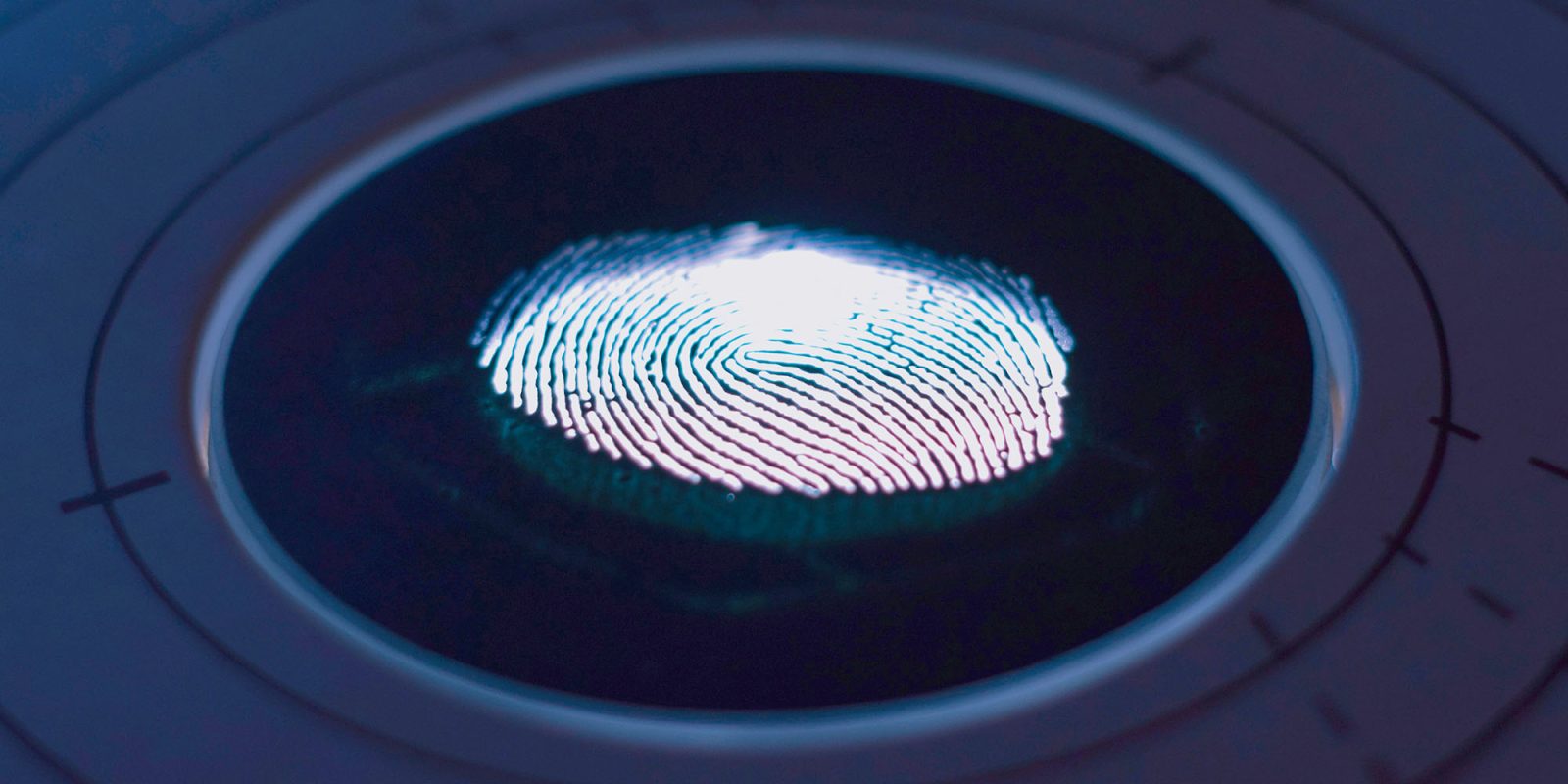Cops were allowed to force a suspect to use thumbprint to unlock phone

Police officers were allowed to force a suspect to use his thumbprint to unlock his phone, according to a federal court ruling.
However, it said the issue was a finely-judged one, and its ruling should not be interpreted to mean that this is lawful in all circumstances …
Jeremy Payne was pulled over for a traffic stop in 2021 by the California Highway Patrol (CHP). Because he was on parole at the time, he was subject to search without police being required to show reasonable grounds for suspicion. The cop used this fact to ask Payne to unlock his phone, which the suspect did with his thumbprint.
Photos, videos, and maps on Payne’s phone suggested he was dealing drugs, and a subsequent search of his home revealed the presence of fentanyl, fluorofentanyl, and cocaine. Payne was then charged with possession with intent to distribute.
Payne’s lawyer argued that the police had no right to require him to use his thumbprint to unlock his phone, as this amounted to a violation of his 5th Amendment right to refrain from incriminating himself.
ArsTechnica reports that a federal appeals court ruled in favor of the police.
A three-judge panel at the 9th Circuit ruled unanimously against Payne, affirming a US District Court’s denial of Payne’s motion to suppress evidence […]
Payne’s Fifth Amendment claim “rests entirely on whether the use of his thumb implicitly related certain facts to officers such that he can avail himself of the privilege against self-incrimination,” the ruling said. Judges rejected his claim, holding “that the compelled use of Payne’s thumb to unlock his phone (which he had already identified for the officers) required no cognitive exertion, placing it firmly in the same category as a blood draw or fingerprint taken at booking.”
“When Officer Coddington used Payne’s thumb to unlock his phone—which he could have accomplished even if Payne had been unconscious—he did not intrude on the contents of Payne’s mind,” the court also said.
However, the judges were careful to stress that this is a complex area of law, and that its ruling was specific to the facts in this particular case.
The 9th Circuit panel said its “opinion should not be read to extend to all instances where a biometric is used to unlock an electronic device,” as “Fifth Amendment questions like this one are highly fact dependent and the line between what is testimonial and what is not is particularly fine.”
“Indeed, the outcome on the testimonial prong may have been different had Officer Coddington required Payne to independently select the finger that he placed on the phone,” the ruling said. “And if that were the case, we may have had to grapple with the so-called foregone conclusion doctrine. We mention these possibilities not to opine on the right result in those future cases, but only to demonstrate the complex nature of the inquiry.”
9to5Mac’s Take
The answer to the question ‘Can police force a suspect to unlock their phone using a passcode, Touch ID, or Face ID?’ appears to be: It’s complicated.
There have been a number of different cases where the issue has arisen, with different results.
Ultimately, one of these cases will end up in the US Supreme Court. Until then, it’s anyone’s guess what might happen in any particular case.
Photo by George Prentzas on Unsplash
FTC: We use income earning auto affiliate links. More.


